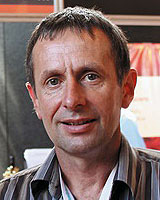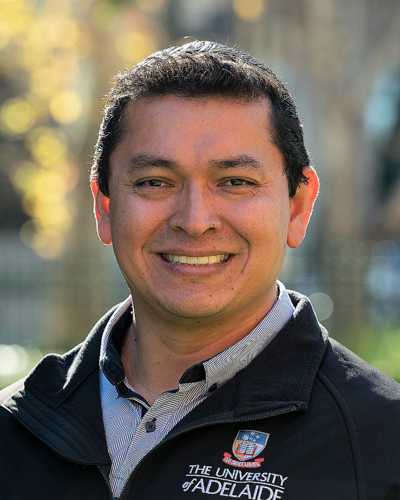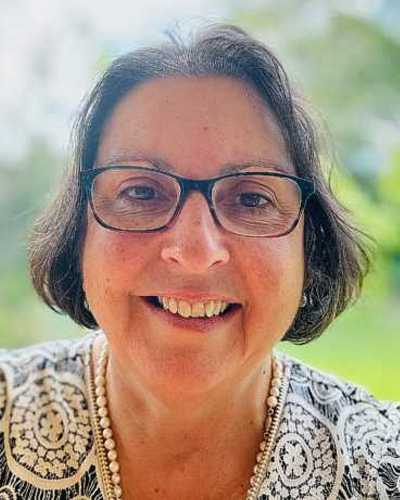Now published, see the full article 
Early Abstract:
Background: Access to ultrasound imaging services is limited in rural areas and Point-of-Care Ultrasound (POCUS) has the potential to address this gap. We aimed to examine how POCUS is utilised by doctors in contemporary Australian rural general practice.
Methods: A portable ultrasound machine and access to a training course was provided to four general practices in rural South Australia, and the type and frequency of POCUS scans were recorded, along with user information, between July 2020-June 2021. Participating general practitioners (GPs) completed a survey at the commencement of the study regarding their previous experience and confidence in using POCUS for specific assessments and procedures.
Results: Of the 472 scans recorded, most (95%) were for clinical indications, 3% for teaching activities and 2% for self-learning. Overall, 69% were obstetric scans, followed by abdominal (12%), gynaecological procedures (10%), other procedural (7%), and thoracic exams (1.5%). Users reported higher confidence for lower complexity POCUS.
Conclusion: Although POCUS has diverse potential applications in rural practice, GPs reported limited confidence for certain scans and used POCUS predominantly for obstetric indications. Further studies should examine the barriers to POCUS utilisation, with particular attention to training requirements, reimbursement for use, and access to machines.





